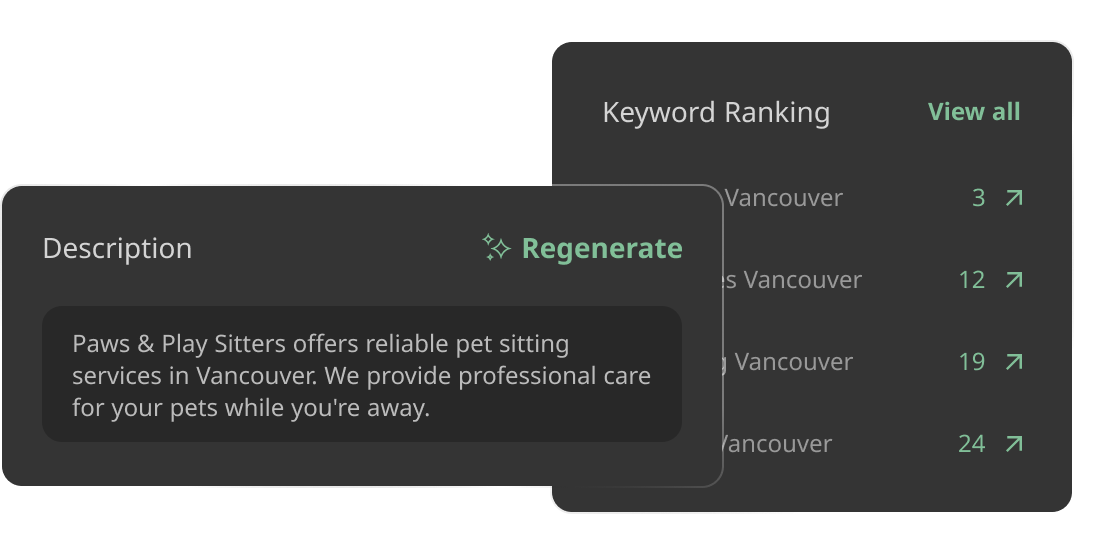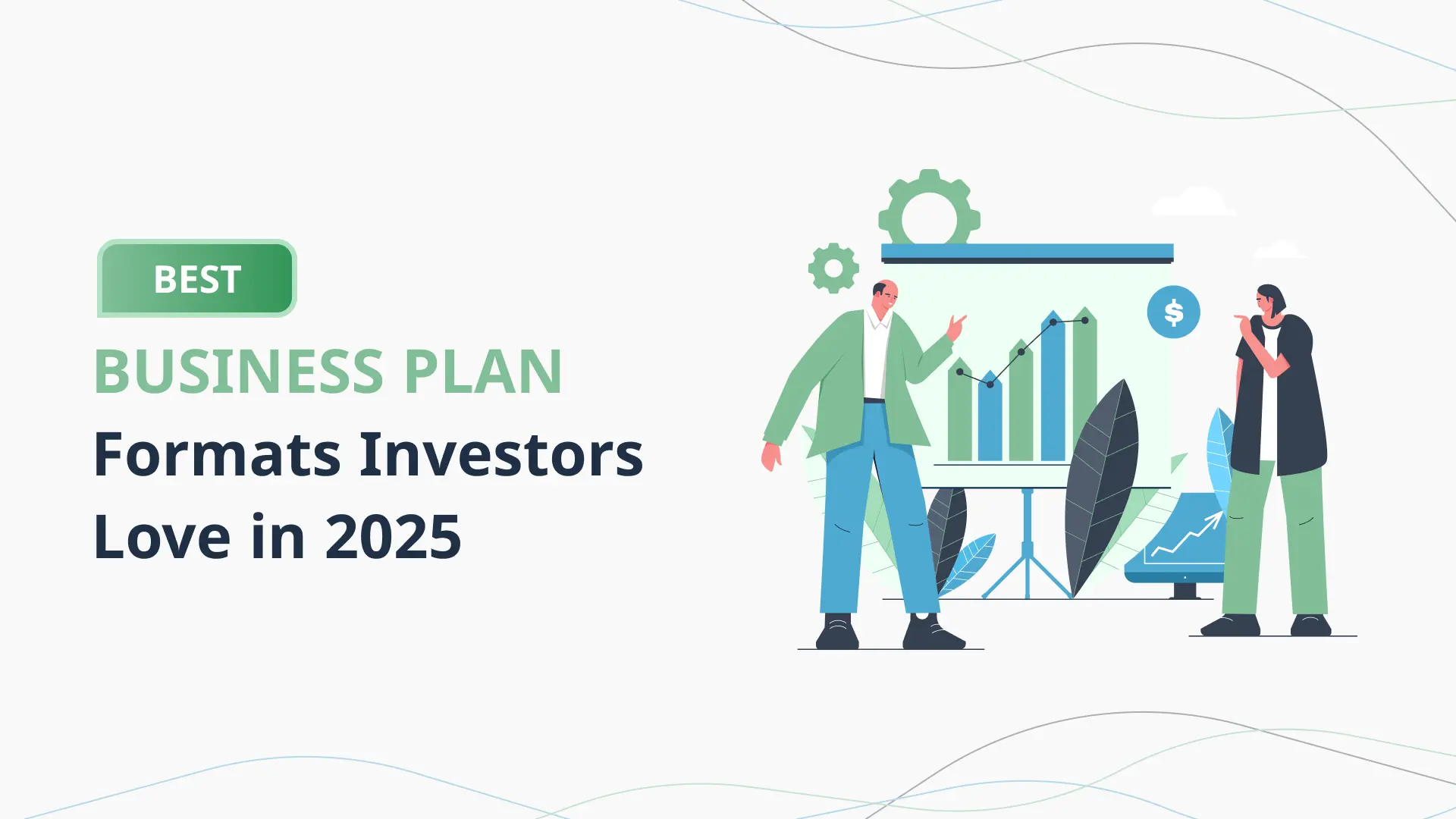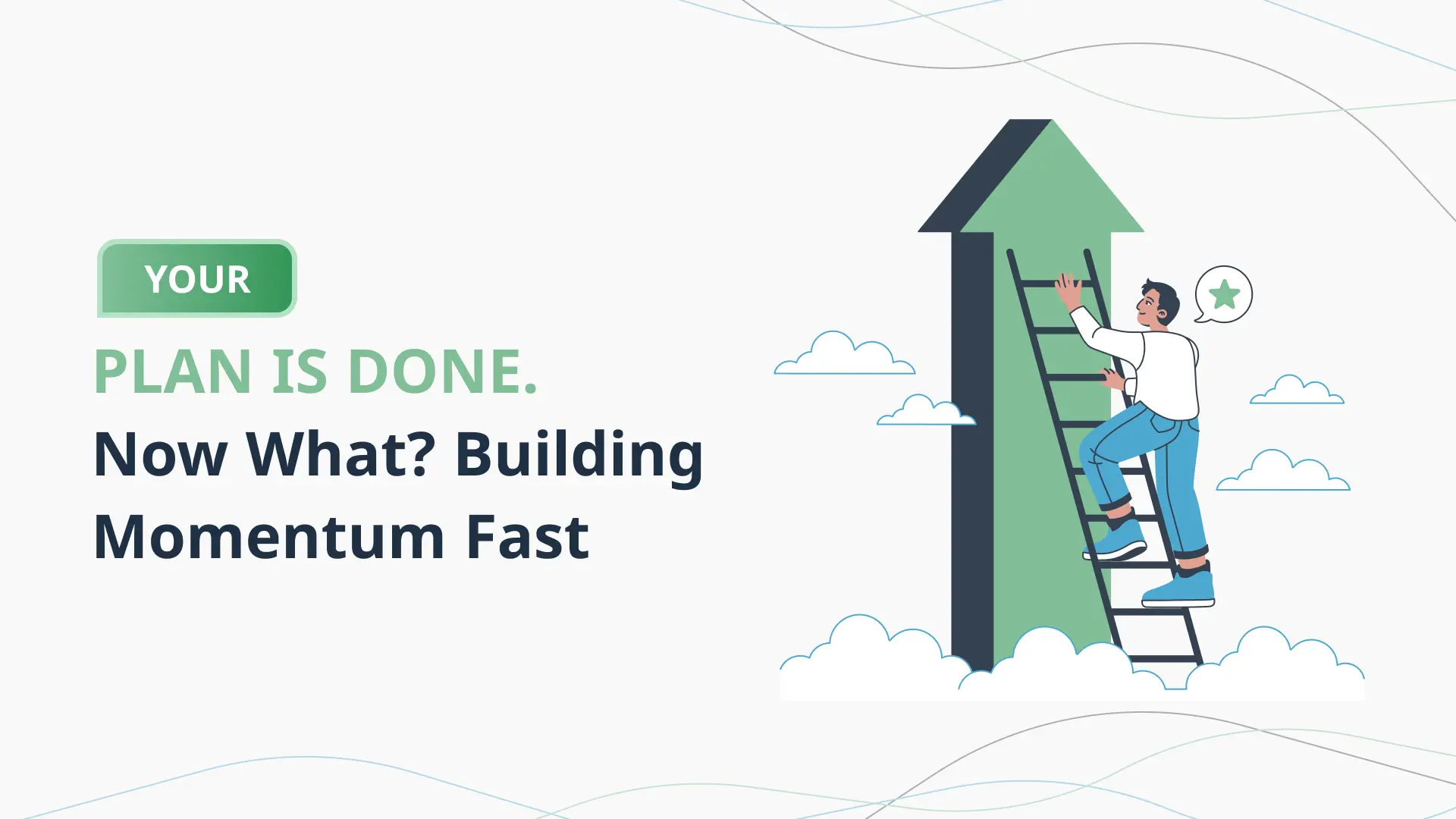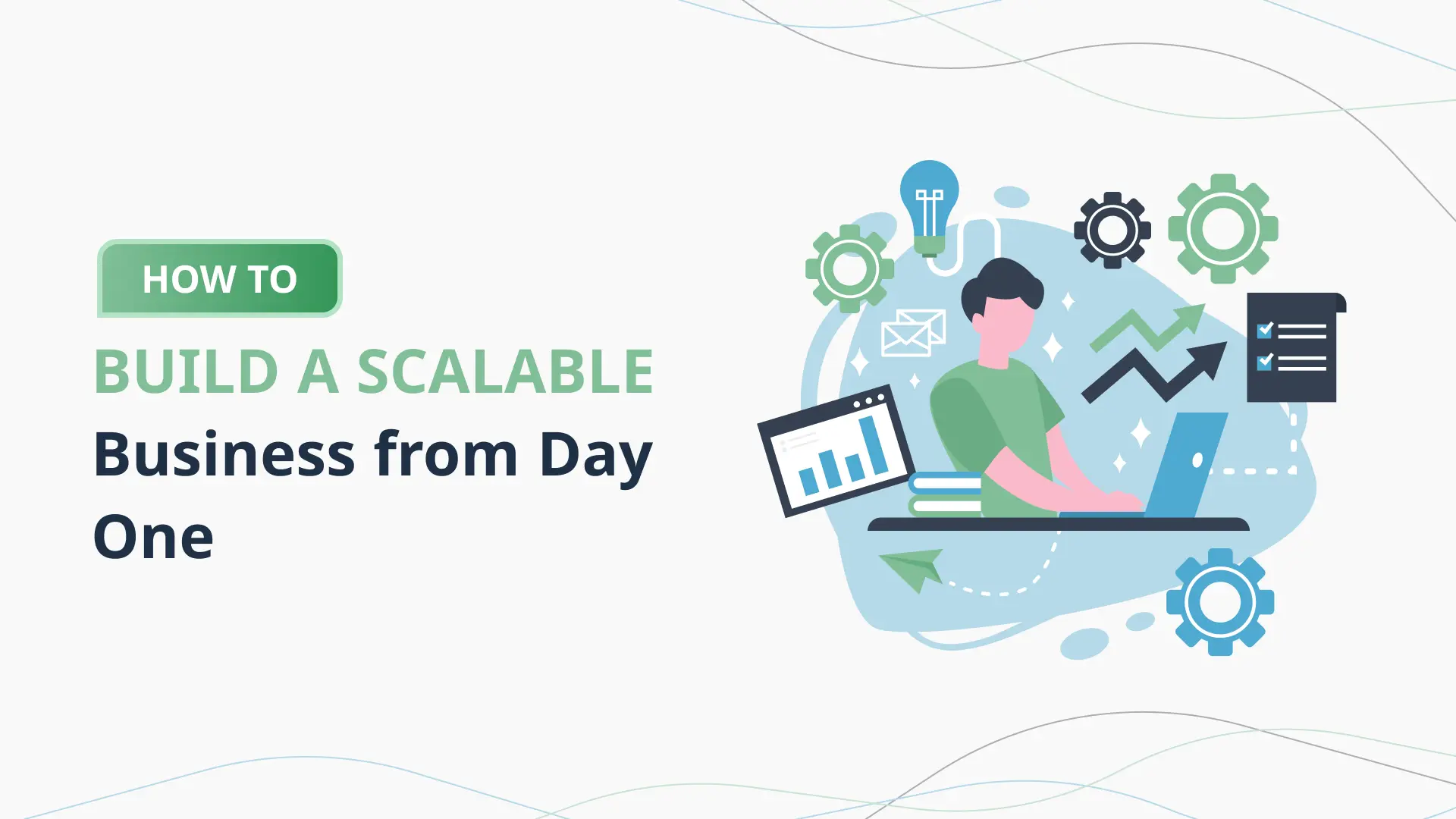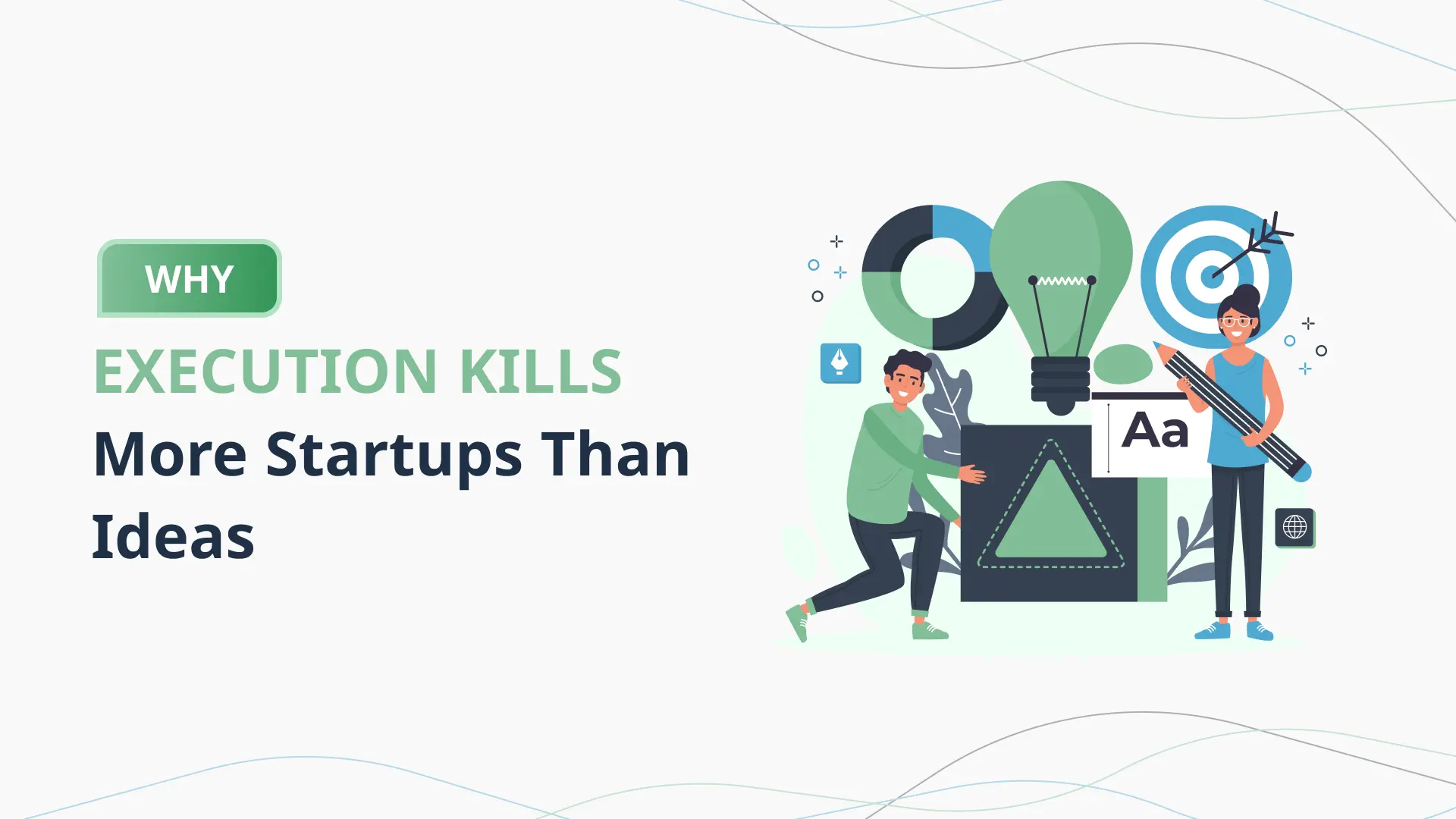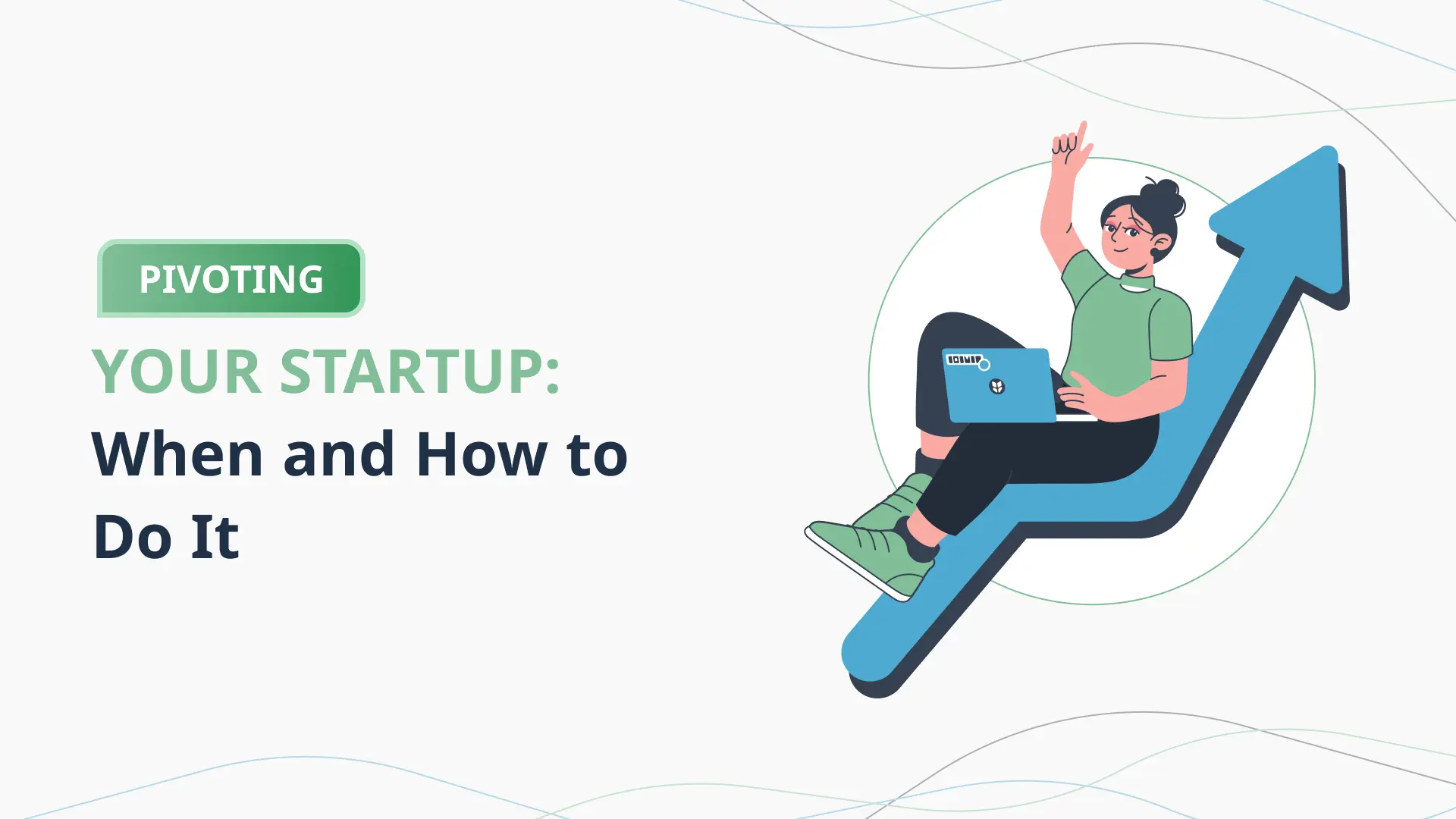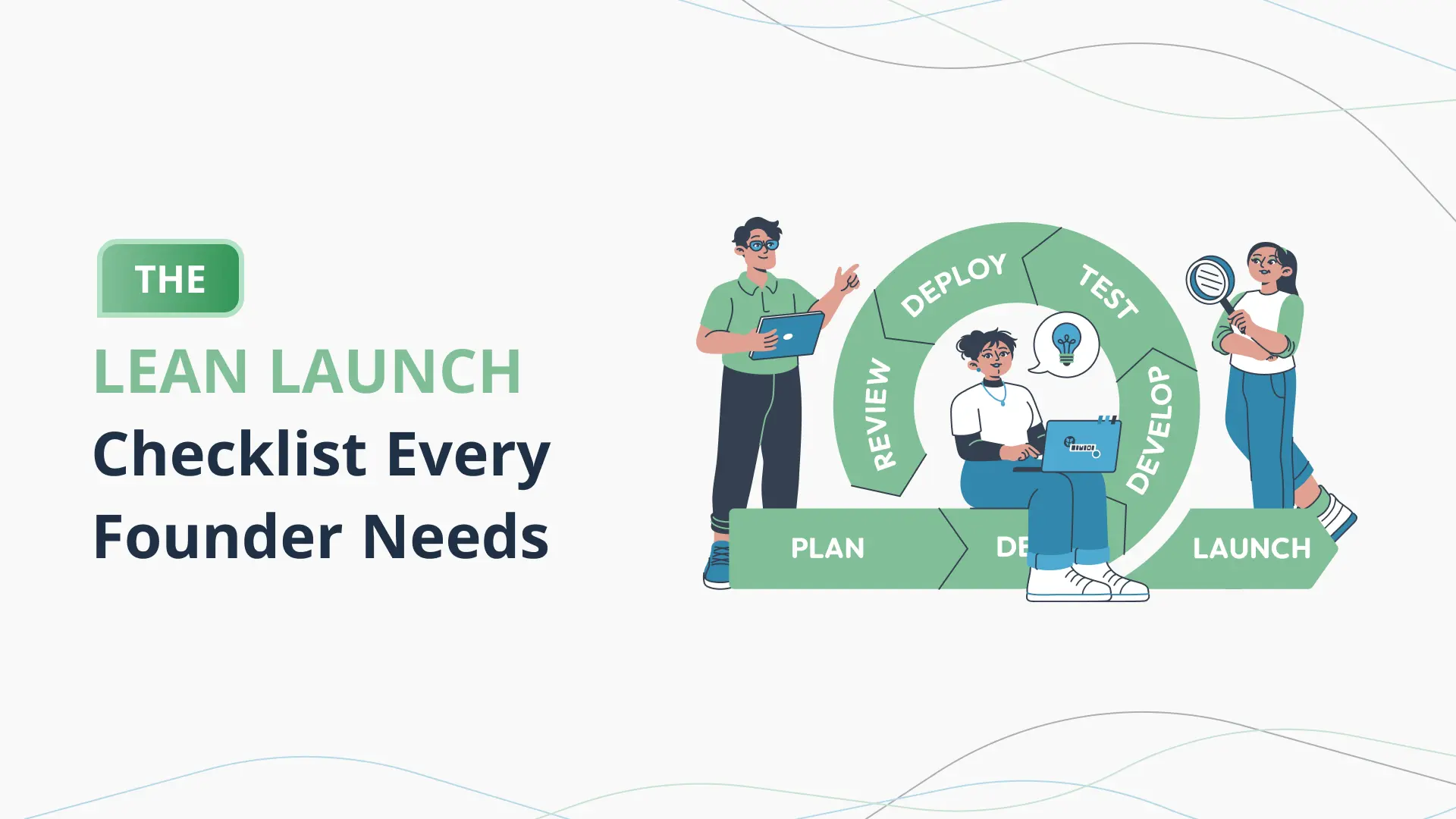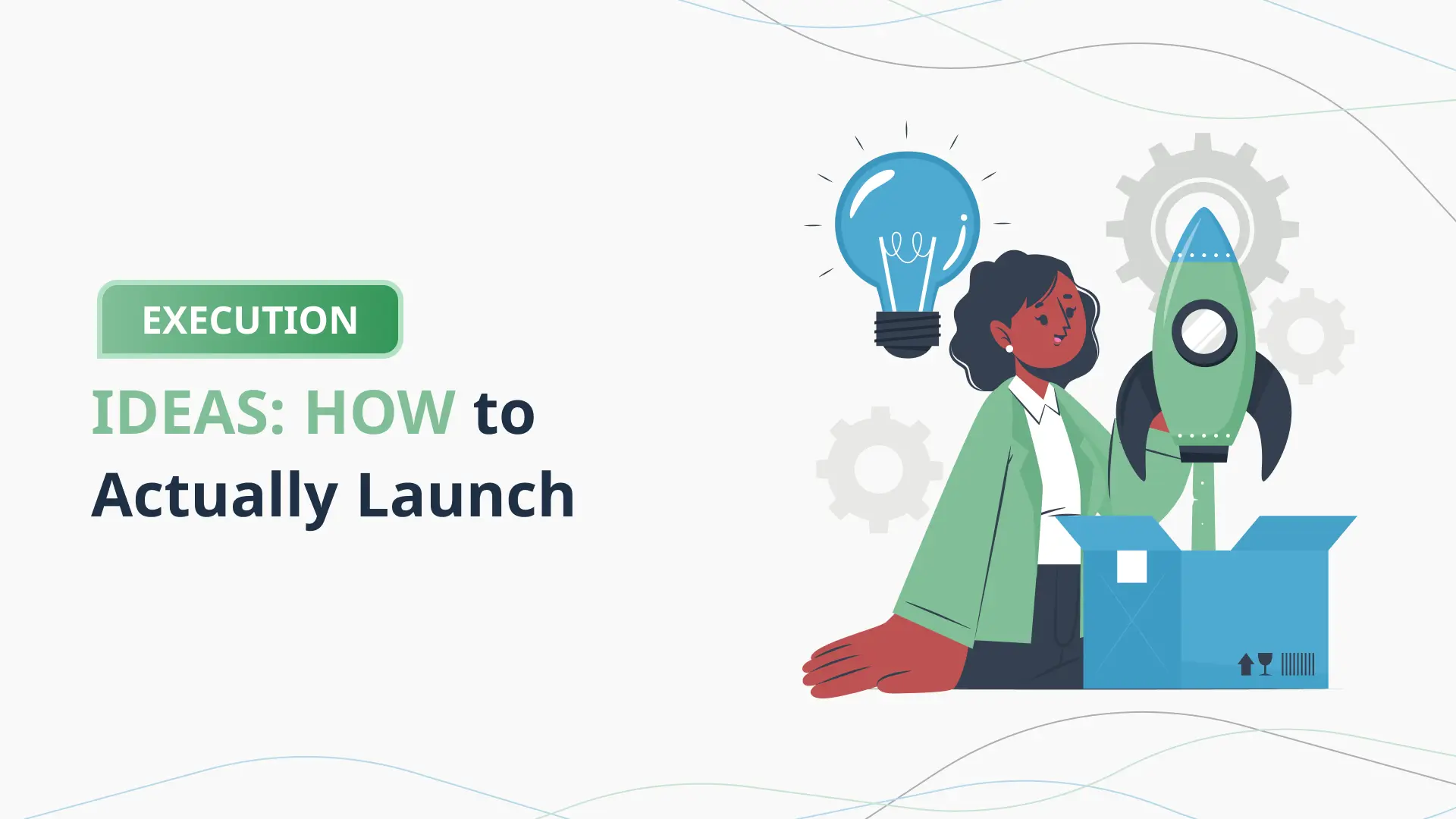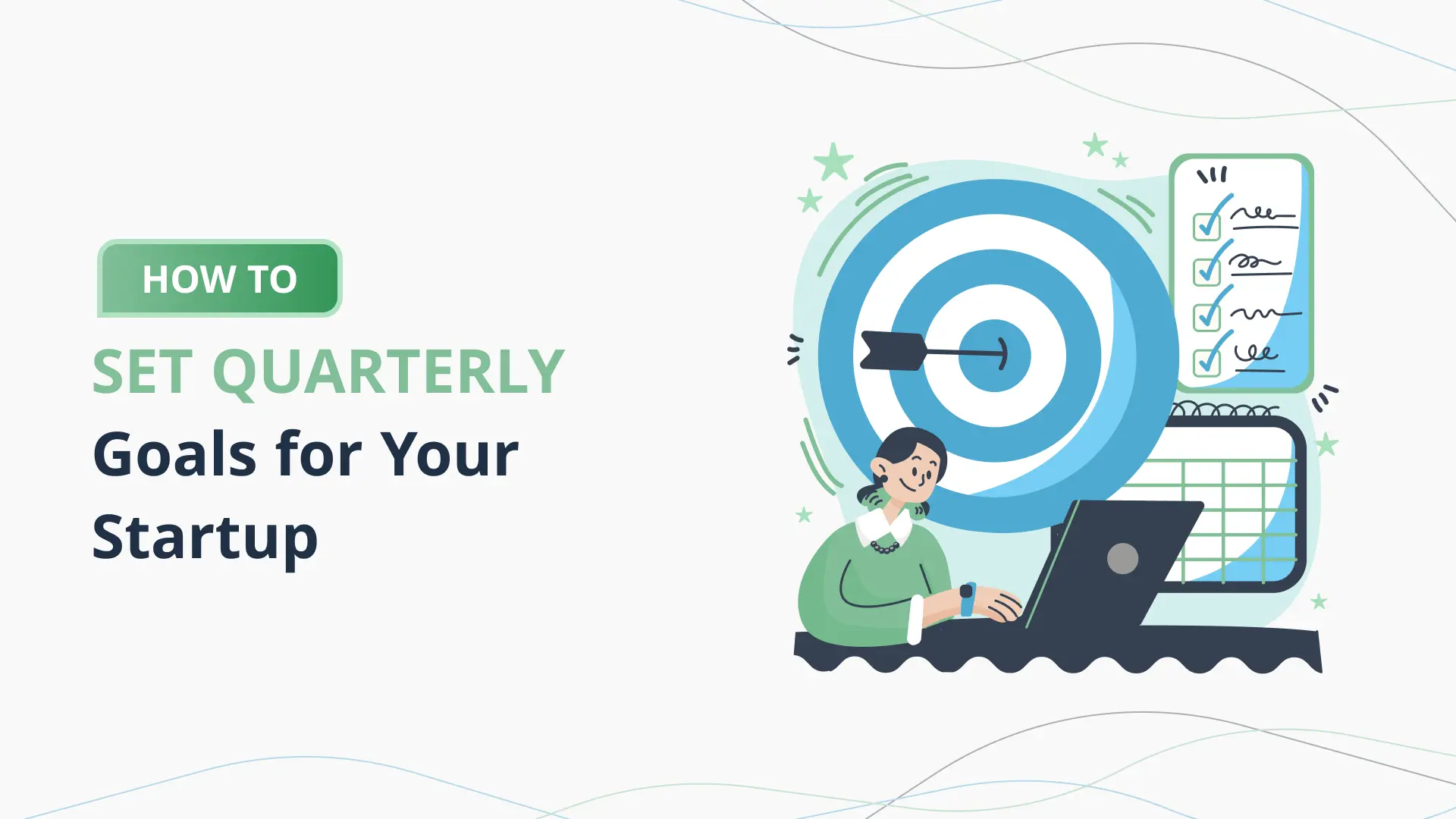How to Use AI to Create Investor-Ready Pitch Decks
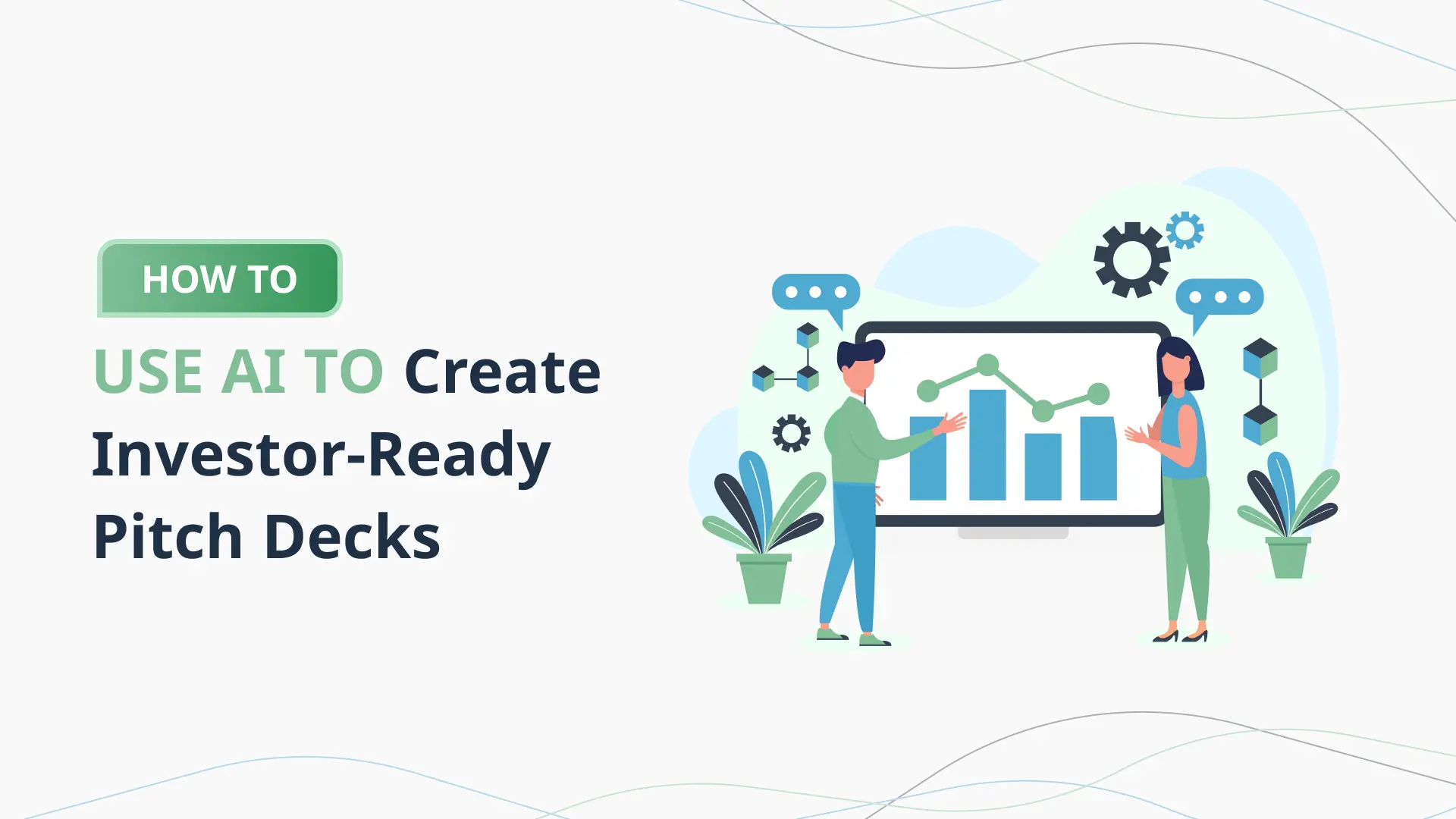
Introduction
Creating a compelling investor pitch deck can make or break a startup’s chance of securing funding. It’s your business’s first impression—a visual and narrative snapshot of your vision, strategy, traction, and potential. But putting one together isn’t easy. Entrepreneurs often find themselves stuck between perfecting financial forecasts, designing eye-catching slides, and crafting a pitch that’s both data-driven and emotionally engaging. This is where Artificial Intelligence (AI) steps in, transforming the traditional pitch deck process from a daunting task into an efficient, streamlined, and even enjoyable experience.
With the rapid rise of AI in the startup ecosystem, founders now have access to advanced tools that can analyze market trends, structure persuasive narratives, auto-generate slide content, and even design visually stunning presentations—all in a fraction of the time. AI doesn’t just save hours; it empowers founders to tell better stories, backed by data and enhanced by smart design.
The integration of AI into pitch deck creation is particularly beneficial for early-stage startups, where resources are limited and the margin for error is thin. Tools like AI business plan generators and startup planning platforms not only simplify deck creation but also help founders align their business strategy with what investors are actually looking for.
In this blog post, we’ll explore how startups can use AI to craft investor-ready pitch decks that resonate. We’ll dive into real-world examples, common challenges, and the transformative benefits of AI in this space. Plus, we’ll show how the PlanVista app—an AI-powered business plan and pitch deck platform—can support your journey from concept to capital. Whether you’re preparing for a seed round or a Series A, AI can be your secret weapon in winning over investors.
The Traditional Struggles of Creating a Pitch Deck
Before AI came into the picture, creating an investor pitch deck was a tedious, high-stakes process. Entrepreneurs would often spend countless hours—sometimes weeks—agonizing over each slide, trying to strike the right balance between design and substance. While the pitch deck itself might be a 10- to 15-slide presentation, the work behind it is enormous. You need market research, competitive analysis, a financial model, and a compelling story—all cohesively presented in a visual format that holds investor attention. For many founders, this process is not just time-consuming but deeply frustrating.
The typical struggles begin with structure. What slides are necessary? What order should they follow? What details matter most to investors? There are dozens of templates floating around the internet, but choosing the right one—and then customizing it effectively—requires experience and intuition. Next comes the narrative. Founders often know their business inside and out but struggle to distill that knowledge into a clear, compelling story that fits a 10-slide format.
Design is another pain point. Not everyone is a designer, yet design plays a pivotal role in investor communication. Sloppy visuals or overcrowded slides can instantly diminish credibility, no matter how promising your idea is. Hiring a professional designer or pitch consultant can cost thousands—money most early-stage startups simply don’t have.
On top of this, there’s pressure to align the pitch deck with current investor expectations. Trends shift rapidly—what impressed VCs two years ago might seem outdated today. Pitch decks now need to show traction, scalability, a defensible moat, and data-driven insight. Meeting these expectations without access to current market intelligence is another uphill battle for founders.
Perhaps most frustrating is the iterative nature of pitch deck development. Founders often go through several versions, incorporating feedback from mentors, advisors, and investors. Each iteration means reworking content, adjusting visuals, and rebalancing the narrative—further increasing the time and stress involved.
In short, traditional pitch deck creation is a drain on time, energy, and money—resources that startups can scarcely afford to waste. It pulls focus away from building the actual product or service and delays the fundraising process. Even seasoned founders find this process overwhelming, especially when wearing multiple hats across product, operations, marketing, and finance.
This is precisely where AI-driven tools begin to shine. They not only reduce the friction in creating investor materials but also elevate the quality of output, helping startups punch above their weight in pitch meetings. In the next section, we’ll explore how AI is addressing each of these challenges, offering intelligent solutions to streamline and strengthen your pitch deck process.
How AI Transforms the Pitch Deck Creation Process
Artificial Intelligence is fundamentally changing the way startups create pitch decks. What once required weeks of manual effort, design skills, and strategic copywriting can now be streamlined using AI-powered tools that guide users through every stage of pitch deck development. This transformation doesn’t just improve efficiency—it raises the overall quality and impact of the final product.
First, AI helps with structuring and content generation. Most entrepreneurs struggle with what to include in a pitch deck and how to say it. AI tools solve this by analyzing successful pitch decks and offering proven slide structures based on industry best practices. Whether you’re targeting venture capitalists or angel investors, AI can tailor your pitch structure to match their expectations. It suggests content for key slides—problem, solution, business model, market size, traction, and team—while helping you avoid common pitfalls like excessive jargon or unclear value propositions.
Next, AI excels in data analysis and visualization. Founders often sit on mounds of data without knowing how to present it effectively. AI tools can process financials, KPIs, and market metrics, then automatically generate clean, investor-friendly graphs and charts. This not only improves the visual appeal of your deck but ensures clarity and accuracy in conveying critical numbers. Instead of worrying about slide layout and formatting, founders can focus on refining their strategy.
Another major benefit is design automation. You don’t have to be a graphic designer to make your pitch look professional. AI-powered platforms like Beautiful.ai or Slidebean use design algorithms to format slides, choose color palettes, and align visual elements automatically. The result is a polished, consistent presentation that looks like it came out of a design agency—without the price tag.
AI also introduces personalization at scale. Want to pitch to a fintech investor in San Francisco and a healthcare investor in Boston? AI can tweak messaging, tone, and even slide content to cater to different audiences. It ensures each version of your deck is relevant and compelling for its target viewer, which significantly boosts engagement and interest.
Most impressively, some platforms integrate natural language processing (NLP) to help founders refine their storytelling. These tools analyze the tone, clarity, and persuasiveness of slide content, then offer real-time suggestions to improve it. Think of it as having a copy editor, investor, and pitch coach all rolled into one AI assistant.
AI also accelerates iterative improvements. Based on user feedback or performance analytics, it can recommend revisions, highlight weak spots, and suggest new angles—all within minutes. Instead of manually redrafting your pitch after every meeting, AI helps you adapt swiftly and intelligently.
Ultimately, AI empowers entrepreneurs to create smarter, sharper pitch decks. It levels the playing field, giving even first-time founders the ability to produce investor-ready presentations that hold their own against seasoned startups. In the next section, we’ll explore some real-world examples of startups that used AI to create winning pitch decks—and what we can learn from their success.
Real-World Success Stories: Startups Using AI for Winning Pitch Decks
The theoretical benefits of AI in pitch deck creation are compelling, but the real proof lies in practice. Across industries, startups are embracing AI-driven tools not only to create presentations but to refine their messaging and secure critical funding. These real-world success stories demonstrate how AI is empowering founders to punch above their weight and compete for investment with confidence and clarity.
One standout example is FinChat, an AI-powered fintech startup that leveraged automation tools to streamline its investor communications. As part of its early-stage funding strategy, FinChat used AI to analyze performance data, synthesize it into digestible insights, and auto-generate pitch content. The result? A polished, data-rich deck that helped the team secure a substantial seed investment—without needing to hire external designers or consultants.
Then there’s ElevenLabs, a voice synthesis startup that used AI not just to build its product but to tell its story. Their team employed AI design tools to create a multimedia pitch deck that included voiceovers, simulations, and dynamic charts. This unique, interactive presentation caught the attention of investors and helped them raise over $20 million in Series A funding. By using AI to mirror their innovation in how they presented, they demonstrated their tech-forward ethos from the very first slide.
Another great case is Synthesia, which integrated AI-generated video avatars into its investor deck. This created a memorable, futuristic experience that reflected the startup’s core offering. It turned a standard deck into a product demo, cleverly blurring the lines between pitch and proof of concept. Investors were impressed not only with the product but with the creative, AI-enhanced way it was presented.
Even early-stage startups with minimal resources are finding success. PitchBob.io, for example, offers an AI chatbot that helps founders create and refine pitch decks in real-time. One user, a solo founder in Eastern Europe, used PitchBob to draft a compelling deck in less than 48 hours. She later shared that the AI-generated structure and insights were instrumental in helping her land her first angel investor meeting.
What do all these examples have in common? They demonstrate that AI tools are not just supplementary—they’re becoming central to how startups prepare, package, and pitch their stories. These tools don’t replace human insight; they enhance it. They reduce the friction of content creation, ensure design excellence, and enable faster iteration cycles—all critical advantages when trying to move fast and stand out in a crowded market.
These real-world wins also illustrate the broader trend: investors are taking note. A well-designed, AI-enhanced pitch deck signals a tech-savvy, resourceful founder—someone who uses the best tools available to solve problems efficiently. That’s exactly the kind of mindset investors look for.
In the next section, we’ll look at the common challenges of using AI in pitch deck creation—and how to overcome them.
Challenges and How to Overcome Them
While the benefits of using AI to craft pitch decks are substantial, the process isn’t entirely free of challenges. Like any powerful tool, AI must be used wisely to maximize its value. Startups that blindly rely on automation without thoughtful oversight can end up with generic, unconvincing presentations. Here are some of the most common pitfalls, along with strategies to overcome them.
1. Generic Content
AI-generated pitch decks can sometimes feel templated or lack personality. Since AI tools draw from a pool of existing data and templates, the output can be formulaic—especially if the founder doesn’t personalize it. Investors aren’t just investing in the idea; they’re backing the team and the vision. A robotic tone or overly generic slides can sabotage that connection.
Solution: Use AI to draft the initial structure and content, but infuse it with your voice. Personalize your story, highlight unique insights, and add anecdotes or founder-specific narratives. Think of AI as your first draft assistant, not your final word.
2. Lack of Contextual Nuance
AI tools can miss subtle industry nuances or strategic positioning that might be crucial for your pitch. For instance, an AI might emphasize broad market metrics over niche traction details that matter more in your vertical.
Solution: Always review AI-generated outputs through the lens of your industry. Refine slide content based on your market, your customer base, and your growth strategy. Bring in advisors or mentors to validate whether your deck hits the right notes for your specific investor audience.
3. Over-Reliance on Design Automation
AI design tools create clean, professional layouts—but they’re not immune to bad content placement or awkward formatting if the input is messy. Over-relying on design automation without verifying visual flow can lead to disjointed storytelling.
Solution: Check slide sequencing, transitions, and visual flow manually. Use the AI to align, space, and stylize your slides, but curate the presentation like a narrative journey, ensuring it builds momentum toward your ask.
4. Data Integrity and Accuracy
While AI can visualize and present data beautifully, it doesn’t fact-check numbers. An error in your financial model or market sizing can easily slip into the final deck if you’re not careful.
Solution: Always double-check your data manually. Ensure numbers match your financial projections, business plan, and what you present verbally. Investors will spot inconsistencies instantly, so accuracy is non-negotiable.
5. Tool Overload and Learning Curve
With dozens of AI tools available, startups can become overwhelmed trying to pick the right one. Some platforms require a learning curve or trial and error to use effectively.
Solution: Choose a platform that combines business planning and pitch creation in one place, like the PlanVista app. It simplifies the process by offering a unified dashboard for developing your business plan, financials, and investor deck with built-in AI guidance.
By understanding these pitfalls and applying these solutions, startups can sidestep common issues and maximize the value of AI tools. Next, we’ll explore how PlanVista specifically helps streamline pitch deck creation and empowers founders to build investor-ready presentations with confidence.
The PlanVista Advantage: All-in-One AI Business Planning and Pitch Deck Tool
When it comes to building a business and preparing for funding, one of the biggest advantages a startup can have is a unified, intelligent system that ties everything together—from strategy and financials to storytelling and visuals. That’s exactly what the PlanVista app offers. As a robust AI business plan tool and startup planning platform, PlanVista does more than help you write a pitch deck—it empowers you to build a stronger business foundation while crafting an investor-ready presentation.
A Unified Platform
Most founders juggle multiple tools: spreadsheets for financials, Google Slides or PowerPoint for pitch decks, and separate docs for their business plans. This fragmented approach leads to inconsistencies and missed details. PlanVista eliminates that friction by bringing everything into one centralized platform. Your business plan, financial projections, and pitch deck are all linked—so when you update your revenue model, it automatically reflects in your deck.
Smart AI Guidance
What sets PlanVista apart is its intelligent AI guidance. Whether you’re drafting a market analysis or designing your solution slide, the app offers smart prompts, industry-specific suggestions, and content recommendations based on successful pitch templates. This ensures that your messaging resonates with investors, not just follows a template.
For instance, if you’re pitching a B2B SaaS company, PlanVista will guide you through positioning your recurring revenue model and highlight metrics like CAC and LTV. If you’re building a marketplace, it helps you emphasize network effects and liquidity strategies. This context-aware support is crucial for first-time founders and seasoned entrepreneurs alike.
Financial Model Integration
No pitch deck is complete without a compelling financial story. PlanVista includes an AI-powered business plan generator that helps you build projections, cost structures, and revenue models. These numbers are then visualized beautifully in your deck—whether it’s unit economics, break-even points, or future funding needs. It takes the guesswork out of spreadsheets and ensures your deck is financially sound and investor-ready.
Seamless Design Capabilities
PlanVista combines functional clarity with sleek design. With AI-assisted formatting and layout recommendations, your pitch deck looks polished and professional—without needing to hire a designer. The tool ensures that fonts, colors, charts, and slides stay visually aligned, while still allowing customization to match your brand.
Fast Iteration and Real-Time Collaboration
Fundraising is a moving target. PlanVista makes it easy to tweak your business plan and deck as your startup evolves. You can quickly generate alternative versions for different investor profiles and collaborate in real time with co-founders, mentors, or advisors. No more emailing files back and forth or worrying about version control.
Built for Startups, Backed by AI
Ultimately, PlanVista is more than a tool—it’s a co-pilot for your startup journey. By combining business planning, strategic clarity, and pitch design in one AI-powered platform, it reduces friction and boosts your ability to raise capital confidently.
In the final section, we’ll bring everything together with a recap of how AI—and specifically PlanVista—can elevate your fundraising strategy and set you up for success.
Conclusion: Elevate Your Fundraising Game with AI and PlanVista
In today’s hyper-competitive startup ecosystem, having a compelling pitch deck isn’t optional—it’s essential. It’s your first impression, your strategic narrative, and your opportunity to inspire confidence in your vision. But as we’ve seen, creating an investor-ready deck is far more than just filling out a slide template. It’s a meticulous process that involves storytelling, financial acumen, market understanding, and professional-grade design. This is precisely where AI becomes your ultimate ally.
AI tools now give founders the power to fast-track the pitch deck creation process while actually improving its quality. Whether it’s generating initial slide content, visualizing data, refining messaging, or adapting the tone for different investor audiences, AI removes many of the traditional bottlenecks. It allows founders to iterate faster, tell sharper stories, and focus more on building the business than getting bogged down in formatting.
Real-world success stories—from FinChat’s data-driven automation to ElevenLabs’ multimedia storytelling—show that AI-enhanced pitch decks are not just viable, but highly effective. These tools have become a competitive advantage, enabling startups to move faster and pitch smarter, even with limited resources.
That said, not all AI tools are created equal. Many focus on just one piece of the puzzle—design, structure, or content—but leave you scrambling to connect the dots. That’s why PlanVista stands out. It’s more than an AI business plan tool or a pitch deck designer—it’s a fully integrated startup planning platform.
With PlanVista, you’re not just creating slides—you’re building your business model, financial strategy, and fundraising narrative all in one place. The app helps you craft a holistic investor story, backed by solid data and professional design. Whether you’re refining your pitch for a first meeting or customizing decks for multiple investor profiles, PlanVista adapts with you.
Here’s what you get with the PlanVista advantage:
- End-to-end support from business planning to pitch deck creation
- AI-powered insights tailored to your industry and business model
- Integrated financial modeling with auto-updated visuals
- Professional design without needing a designer
- Real-time collaboration and version control across your team
If you’re a founder preparing to raise funding, now’s the time to embrace the tools that give you the edge. Don’t let the complexities of pitch creation slow you down or compromise the quality of your investor materials. Let PlanVista streamline the process so you can focus on what matters most: building and scaling your startup.
Ready to impress your investors with an AI-powered pitch deck?
Start your journey today with PlanVista, your all-in-one startup planning and pitch deck partner. Visit PlanVista.com to get started.
FAQs
The PlanVista app stands out as a comprehensive AI platform that combines business planning, financial modeling, and pitch deck creation in one seamless interface.
AI enhances structure, storytelling, design, and data visualization, helping founders create polished and persuasive decks faster.
Yes, AI tools like PlanVista allow extensive customization so you can align the content and design with your brand and investor audience.
Absolutely. PlanVista is built to support founders at every stage, with tools designed for startups preparing their first round of funding.
Yes. Professionally designed, data-driven decks—especially those enhanced by AI—signal that a founder is resourceful, prepared, and investor-focused.
